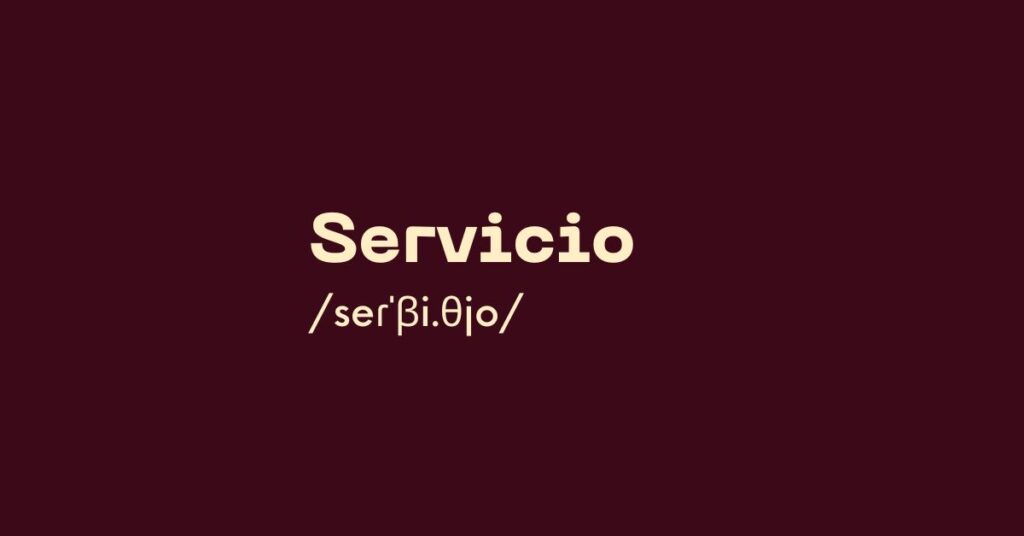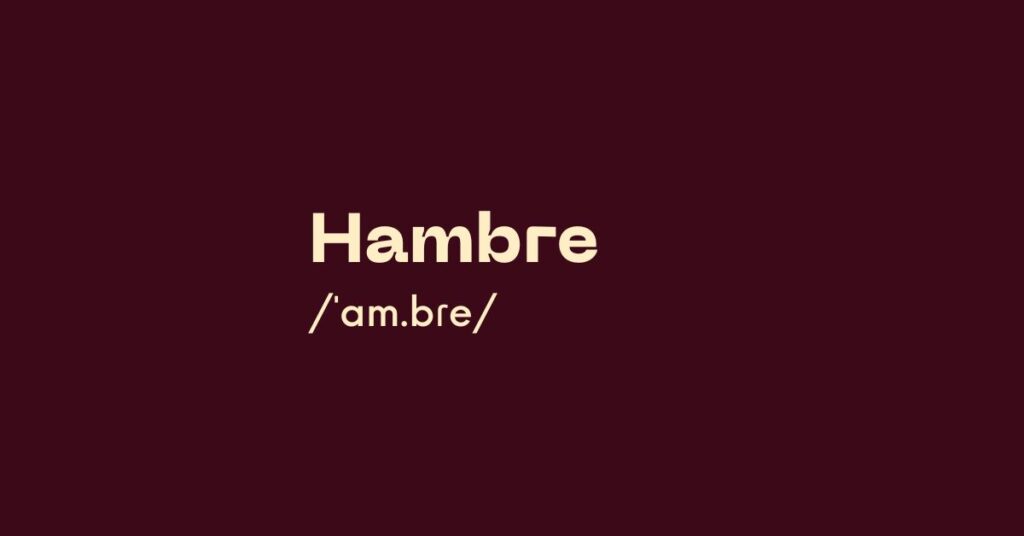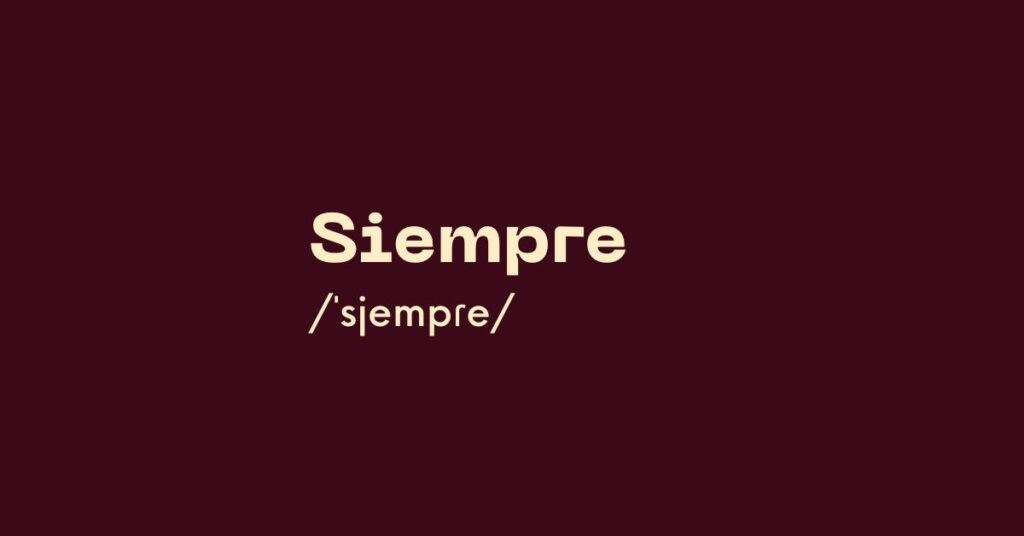Entonces
Today’s Spanish word of the day is “entonces”. It’s an adverb that usually translates as “then” or “so”. The phrases “en ese entonces” and “en aquel entonces” mean “at that time” or “back then”. Example sentences En ese entonces no sabía nada. Back then, I didn’t know anything. ¿Entonces, te vas o te quedas? So, […]









